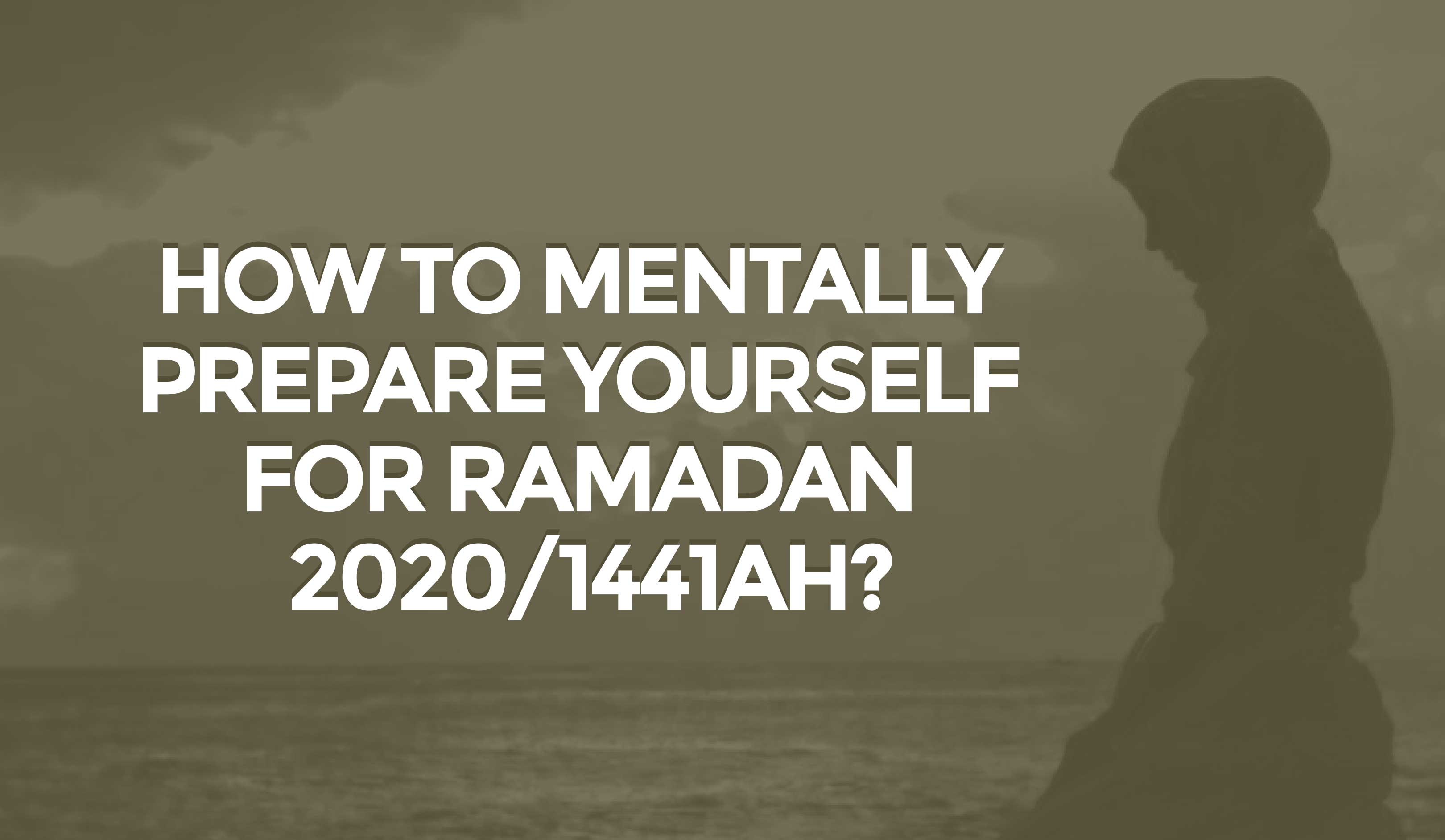10 Rules of the Fasting of Ramadan You Should Know

10 Rules of the Fasting of Ramadan You Should Know
Now that Ramadan is just around the corner, let’s take a look at the ten rules of fasting that you should keep in mind so you can happily wish yourself, friends and family a big Ramadan Mubarak.
1. RAMADAN FASTING IS COMPULSORY IF YOU HAVE REACHED PUBERTY

In Islam, fasting in Ramadan is compulsory for any adult who is sane and physically healthy. This means that anyone who has reached puberty and has no mental and/or physical health conditions should be fasting during Ramadan.
2. YOU CAN MAKE UP FOR IT IF YOU HAVE MISSED YOUR FAST

If you have missed your fast because you are ill or you are travelling, there is no need to worry as you can simply make up for it later on. You can skip your fasting if necessary and make up for your lost days afterwards.
If you cannot make up for your lost days, then you should pay for the poor and those in need to be fed. This is known as fidyah. By paying for the meals of those in need, you are making up for missing your fast.
3. FASTING EXCEPTION FOR WOMEN
Muslim women who are menstruating, pregnant, or breastfeeding are not required to fast during Ramadan. You can compensate for your lost days at a later date. If a woman starts her period while fasting, the fast is broken and she should make up for it afterwards.

4. ALTERNATIVE FOR THE OLD AND SICK
Islamic law states that if someone is old and/or sick and cannot fast, they can perform fidyah instead, where you feed someone in need for each day of the fast that they have missed.

05. ATONEMENT FOR INTENTIONAL MISSING OF FAST
If you miss your fast intentionally without any valid reason, then you must atone for it by performing kaffarah, which means “penance”. In order to atone for deliberately missing or breaking your fast, you should fast continuously for a period of 60 days.

06. UNINTENTIONAL VOMITING DOES NOT BREAK THE FAST
If at any point during your fast, you vomit unintentionally, this does not mean that the fast is broken and you can still continue your fast for the day. However, if you vomit deliberately or you swallow the vomit, then the fast is broken.


07. CHILDREN DO NOT HAVE TO FAST
Children are not required to fast and nobody should force them to fast. Until someone reaches puberty, fasting during Ramadan is not compulsory for them. However, sometimes, children may willingly fast for a few days either to copy their family or practice for Ramadan..

08. BRUSHING TEETH, SHOWERING, SWIMMING ALLOWED
If you go swimming while fasting, you rest assured that your fast is not broken and you can still have a happy Ramadan. Swimming is allowed, so are showering and brushing teeth. However, make sure that you don’t swallow any water while you brush, swim or shower.


09. YOU SHOULD NOT BE IN A STATE OF JANABA
Islamic law says that you should not be in a state of janaba while fasting. Janaba refers to impurity after sex, ejaculation, or completion of the menstrual cycle. If a person is in this state, they must perform ghusl by washing themselves wholly three times so that they become pure again and fast and pray.
10. NO EATING OR DRINKING IN PUBLIC EVEN IF YOU ARE NOT FASTING
Even if you are not fasting during Ramadan, you should not eat, drink or smoke in public. Instead, you should take away your food and eat in private.

This is to be considerate of our brothers and sisters who are fasting.
Ramadan is the holiest month of the year. Our hasanat (good deeds) are doubled and we remember the poor in every fast we make. It only comes once a month so we need to ensure we take full advantage. Pray as much as you can, read quran, do sadaqah (voluntary charity) and perform any good deeds where you see fit. Ramadan is one month you shouldn’t let go to waste. Keep these Ramadan fasting rules in mind for this year and you can have a happy Ramadan and enjoy Ramadan festivities with friends and family!


